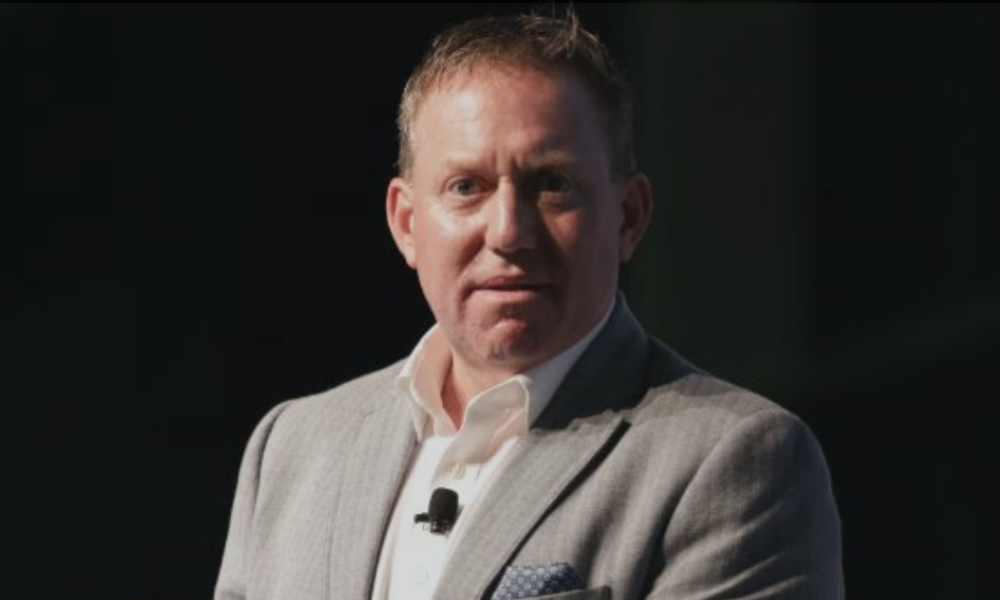
'It's not just the personalization - it's also the quality, the cost and the speed'

As the world delves deeper into the digital age, emerging technologies like artificial intelligence (AI) are reshaping businesses and industries across the board.
And, in the realm of HR, AI is proving to be a game-changer - revolutionizing traditional processes and empowering professionals to achieve new heights of efficiency.
To shed light on the transformative power of AI in HR, we turn to Jason Averbook, Senior Partner and Global Leader of Digital HR Strategy at Mercer. With his extensive expertise, Averbook provides valuable insights and real-life examples that illustrate AI's potential impact on businesses.
“When we think about generative AI, everyone thinks it’s the new ‘shiny object’,” says Averbook. “And there’s some key areas that we’re seeing significant use in. Firstly, it’s the discussion around job descriptions – helping to write ones that’re more fulfilling for both the employer and the candidate.”
As Averbook tells HRD, job descriptions are often just copied and pasted into job forums – meaning they’re often similar to one another. By using AI to create more meaningful job descriptions, employers are more likely to find the right fit for their specific role.
This focus on AI in the hiring process is something more and more employers are buying into. According to research from Tido, 66% of recruiters are already using AI in their hiring plans, with 29% of HR leaders worrying that AI will ultimately replace them in the recruitment process. However, the data also warns employers that AI could pose an algorithm bias in hiring as well as leaving the door open for candidates to manipulate the tech themselves.
But despite any reservations, HR leaders are still all in how and when AI can elevate their internal processes – even down to mocking up questions.
“Furthermore,” says Averbook, “AI is creating better interview questions. By using tech, employers make much more succinct questions. They’re more precise and tied back to the personality and tonality of the candidate employers are looking for.
“Let’s say, for instance, I’m trying to write interview questions – and my manager happens to be a chromogen who’s been with the company for 40 years and hates change. Think about writing interview question for someone like that versus writing the interview question just for the general marketing job – it’s going to be a lot more personalized by using AI.”
The second use of generative AI right now is around onboarding – specifically creating materials to help facilitate that process.
“This also involves looking at career support, development and growth,” says Averbook. “Say for instance you’re an undergrad just moving into a new role. What types of training and online learning will a company offer? What language models are built into the onboarding process?”
Finally, there’s AI’s impact on training – something Averbook thinks is pretty incredible.
“Generative AI is amazing at this,” he tells HRD. “At creating courses for learning. On that topics of L&D, I’ve heard a lot of talk about a ‘person’ making it ‘personalized’. However, you can feed your generic plan into the AI to tailor it to someone’s specific needs. Imagine creating something that looks like it took three months to complete at a cost of $300,000 – and I can now generate that in five minutes.
“It’s not just the personalization - it's also the quality, the cost and the speed.”